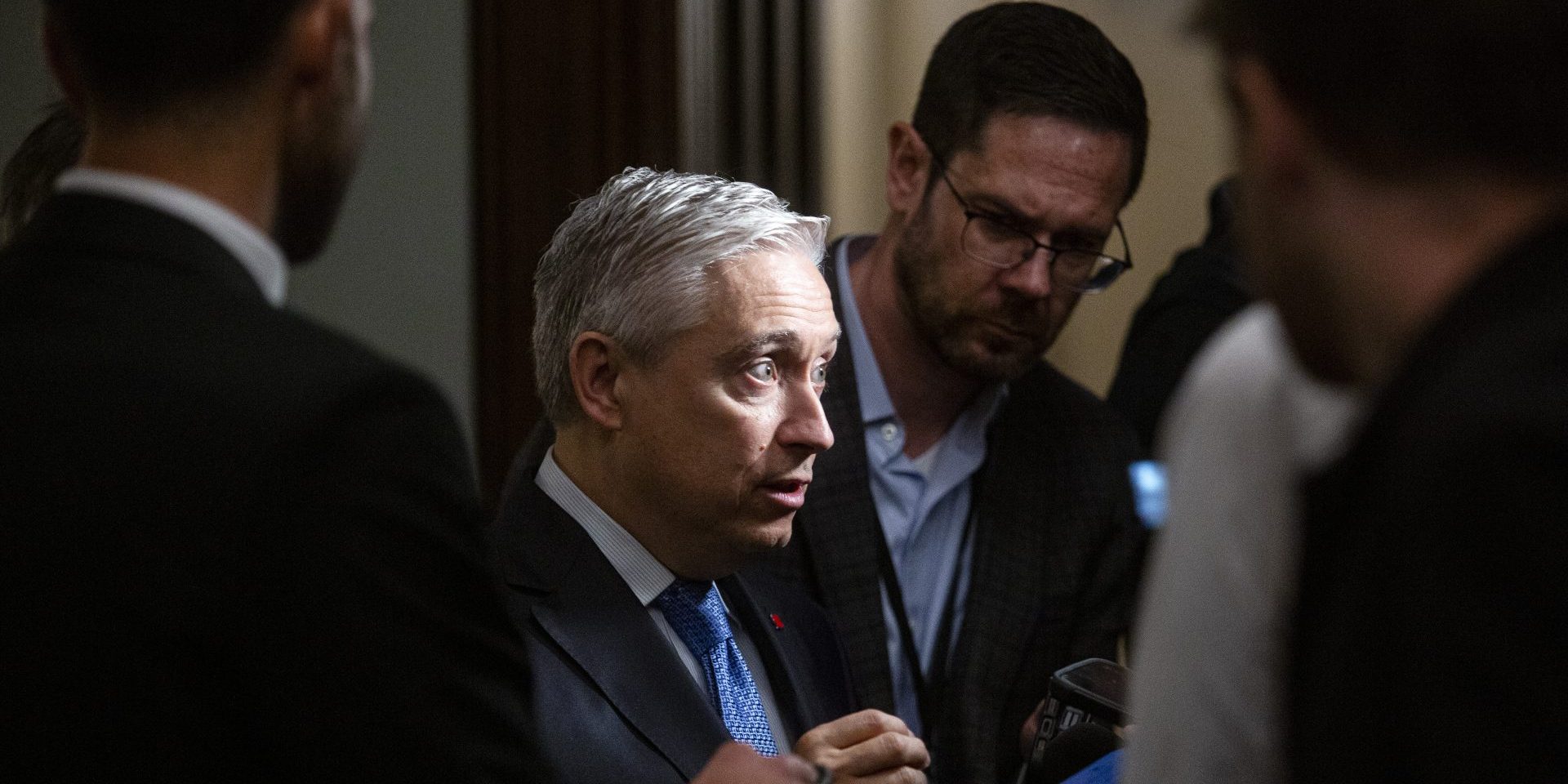Canada’s exploding wealth inequality requires tax changes

Statistics Canada recently released a report on the growing income inequality in Canada. The report stated that income inequality—defined as the gap between the top and bottom 40 per cent of income earners—was at a record high, but that trend does not reveal the true depth of inequality in this country.
Now, a new report from the Parliamentary Budget Officer (PBO) has given us a clearer picture of the wealth distribution in Canada. One of us is a former member of the Canadian Parliament, and the other is a current member of the 1%, so we’re well-positioned to tell you that our current level of wealth inequality is threatening the stability of our economy and democracy, and is partially the result of a failure to tax extreme wealth.
The top one per cent of wealth holders now hold 24 per cent of total wealth, and close to half of that is held by just the top 0.1 per cent. More than a trillion dollars is held by just 1,800 families, the top 0.01 per cent of wealth holders.

For many Canadians, these numbers feel impossible to grasp. To be considered “middle class,” i.e., among the middle 40 per cent of wealth holders in Canada, a household needs a net worth of just $300,000. Meanwhile, just 100 billionaires control nearly as much wealth as the poorest 7.32 billion households combined.
So why, when facing a deficit in a country this wealthy, is the government determined to focus exclusively on cutting services and jobs instead of examining how the tax code has fuelled this inequality?
Our economy should generate wealth, reward innovation and risk-taking, allow Canadian companies to grow, and employ Canadian workers. However, at the moment, neither the wealth nor the opportunities it creates are being shared. Our current tax code is not asking the wealthy to reinvest in our economy, and that failure is weakening and sometimes destroying services and programs that working Canadians may use to get ahead.
The current tax code is rocket fuel for expanding wealth inequality. While most Canadians are paying income tax on their paycheques, wealthy Canadians are only paying taxes on half of their capital gains income, or borrowing against their assets and completely avoiding taxes, or inheriting huge sums of wealth tax free to ensure each wealthy generation starts with an even bigger head start than the one before. We are losing an estimated $15-billion annually to the use of tax havens, and the Canada Revenue Agency is projected to raise hundreds of millions of dollars annually through efforts in combatting tax evasion and aggressive avoidance, but this could potentially be undermined if the agency faced significant cuts.
So, while working Canadians are paying higher rates than their ultra-wealthy fellow citizens, and while wealth inequality has exploded to historic levels, the government is currently considering a so-called “austerity budget” that is almost certain to make these problems worse. What the updated High-net-worth Family Database makes clear is that our problem isn’t a lack of wealth, it’s wealth inequality.
Prime Minister Mark Carney wants to cut tens of billions of dollars in spending, but why not look at the other side of the ledger? The PBO estimates a small wealth tax, asking for very modest taxes on wealth over $10-million, could raise close to $121.5-billion over the next five years. Patriotic Millionaires Canada recently estimated that a three-per-cent tax on wealth over $100-million could raise roughly $25-billion annually. Before it was abandoned by the Liberal government, a modest increase to the rate on capital gains for the very wealthy—designed to bring it closer to the rate paid by working Canadians—would have raised $19.4-billion over five years.
Beyond the revenue it generates, reforming our tax code is an essential first step in confronting the dangers of extreme wealth inequality. History shows that extreme wealth inequality often precedes societal collapse, as economies are made fragile and top heavy, and political power is concentrated in too few hands. To build a strong and resilient Canada, addressing this threat must be a top priority. The most effective tool available to the government to address extreme inequality is to tax the ultra-wealthy.
Ratna Omidvar is a retired senator and academic. Sabina Vohra-Miller is a public health scientist, philanthropist, and board member of Patriotic Millionaires Canada.
The Hill Times





 LICENSING
LICENSING PODCAST
PODCAST ALERTS
ALERTS


